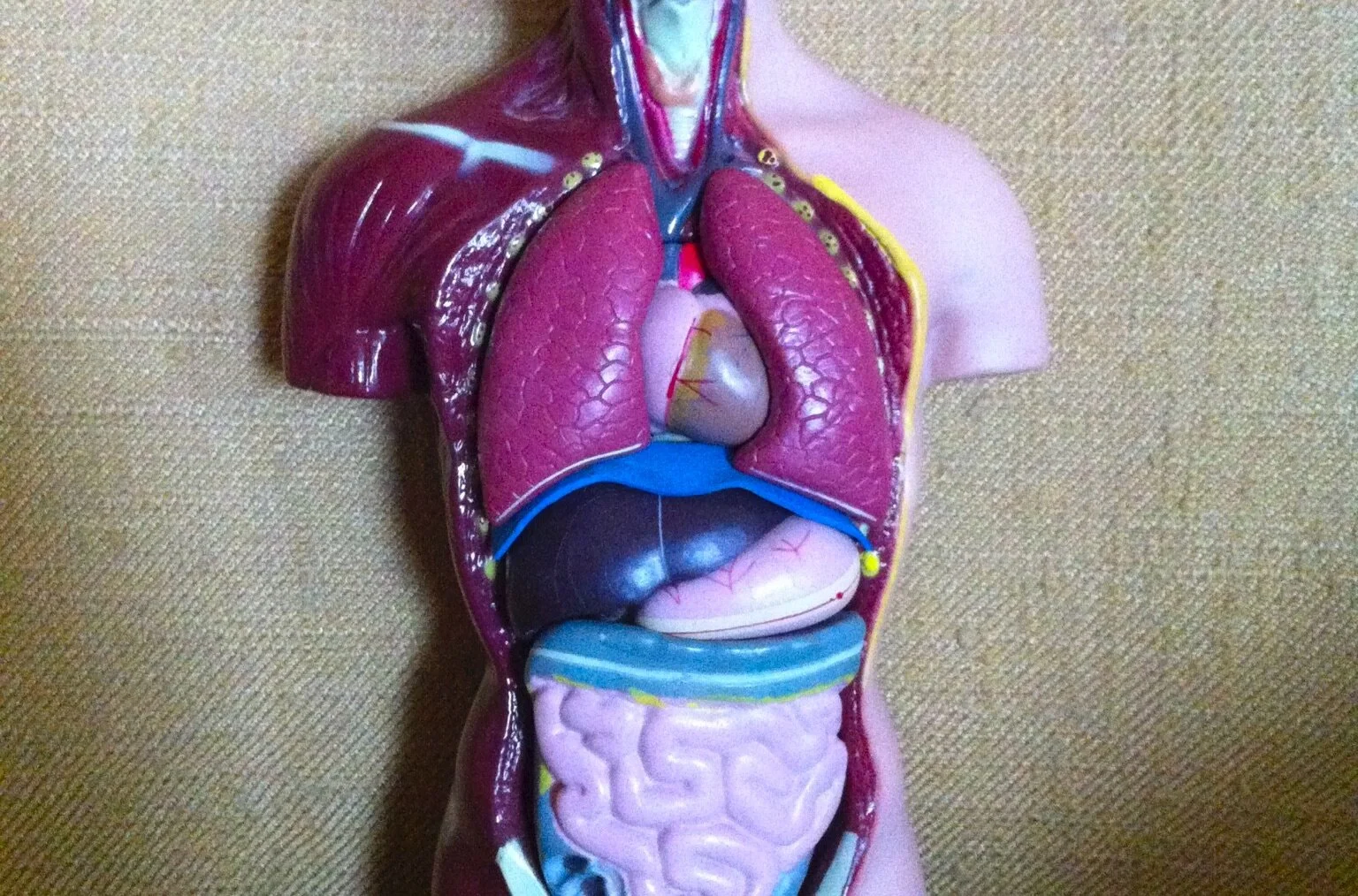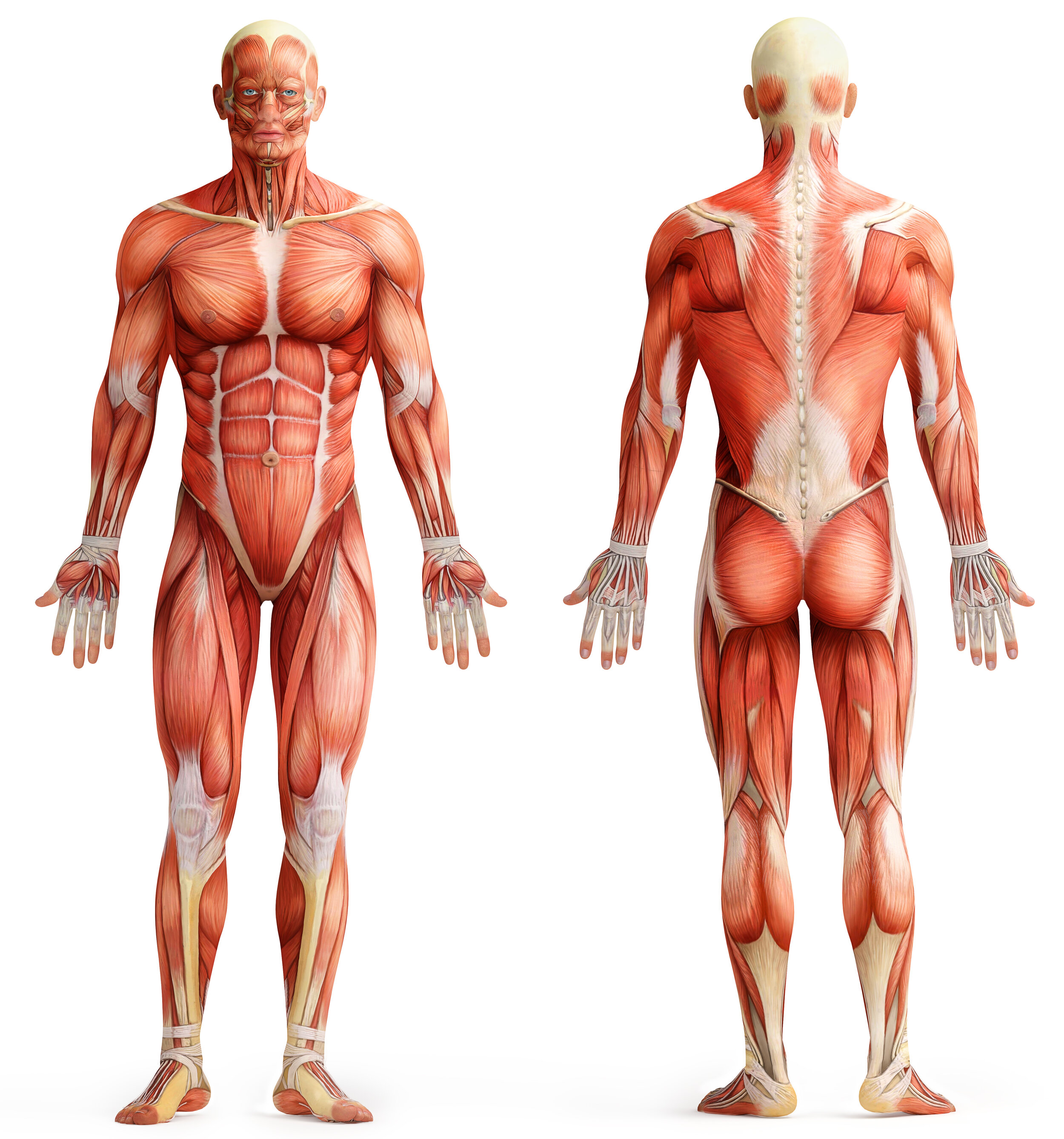One of the greatest issues we have in western society is getting lost in details, missing the bigger picture, and therefore confusing cause and effect.
It is no different in voice instruction, and it is no different in diagnosing health issues. Sublata Causa Tollitur Effectus is a latin phrase that had a deep and long-lasting place in their medical and philosophical way of thinking. There are so many instances in physiological, mental and vocal health where we are treating the effect rather than caring for the cause.
The following is a collection of common ailments or complaints that The Wilson Method works with that we could perhaps begin to look at in a different light.
“I have a voice problem”
No, you don’t. Not really. With a few exceptions, there is no such thing as a vocal problem - vocal pathology is symptomatic of personal history. Virtually all vocal problems can be traced back to physical tension, postural issues, respiratory inefficiency, doubt, fear, or a sense of lack of permission. We investigate and integrate the respiratory system, diaphragmatic integrity, posture, fascia and thought processes first, and the larynx last. And yet traditionally, what do we stare at when “diagnosing” a vocal issue? The larynx. We should be staring at the thoracic and pelvic diaphragm efficacy, the respiratory system, upper body tension, lack of deep core strength, how we move when we stand up and sit down (see UCVM), and especially, our attitudes toward our own abilities to express ourselves in relation to our doubts and fears. There is no such thing as a vocal problem.
“My high notes suck”
Well, maybe they do. But your your high note issues usually have nothing to do with pitch, range, vowel, placement or register. Just like asthma, take a look at what happened well before the “high note”:
How was your inhalation for the mid-range note at the beginning of the phrase that ends on the “high note”. Are you breathing for the high note at the end of the phrase, or for the mid-range note at the beginning?
What were you thinking about in the phrases leading up to the high note? How are you thinking about the high note? Are you at all worried about singing the high note? If you are, this in itself becomes a self-fullfilling prophecy. Your vocal mechanism does not distinguish between “high” and “low” notes - it is your brain that does that. Do you have fear, doubt or trepidation about high notes? If you do this is your cause. What happens to your body when you experience fear, doubt or trepidation? Firstly we go into the wrong part of our brain for performance success, which floods our systems with the wrong hormonal chemicals for performance success, which tightens our muscles and fascia (UCVM), which turns off our core and breathing systems which means we can’t prepare for the high note properly. We need to feel strong and confident (so that our brain turns on our support system) when inhaling for a high note, or it will not happen the way we wish.
“I have big register break issues in my voice”
No, you don’t. Register issues are not about register. They are about the respiratory system, your deep core, and your limiting beliefs. You breathe properly, get your voice placed optimally, get your deep core working for you, and stop doubting yourself, and the binary or trinary concept of the voice fades away. Our passaggio issues blend and we are presented with our “One Voice”.
“I have asthma”
Maybe. But probably not. Many (not all) asthma cases, (especially so-called “adult-onset”) I would instead call “Congested Tension”. Older studies show that between 16-52% of “asthmatics” also suffer from anxiety. We are now discovering that anxiety comes in many forms and is considerably under-diagnosed. In my experience, the number is closer to 85%-95%. What I can tell you for certain is that in my 30 years of experience working with asthma (including healing it in my own body) every single “asthmatic” has hypertension in their rectus abdominis. I argue cause and effect. Work to release your upper rectus abdominis (six-pack), are-learn how to breathe properly, your symptoms of asthma may very well drop for you.
What was going on in your life for a year before you contracted “adult onset asthma”? And, if the airways of your lungs are constricted, inflamed and congested, how about making space for them, and also for yourself?
Here is what “Asthma” often is:
We feel “under attack” and our lungs happen to be our weak link
Our brain and nervous system create white blood cells to fend off the “attack”
Our breathing becomes laboured as we rise into the “Fight, flight, freeze” sympathetic nervous system
Inflammation is created in the lining of the lungs
This inflammation signals the immune system to create what is know as phlegm to soothe the inflammed lung lining
If we habitually feel under attack, this “soothing via phegm” continues and the levels of phlegm rise until…
We can’t breath well, we go to the doctor, and are told we have “asthma”.
We may not. We may simply have “Congested Tension”.
“Acid reflux means I have to change my diet”
Sometimes. However new studies are showing that diet has much less to do with ph balance and acid reflux than we thought. A body system actually has much more to do with it: the respiratory system.
“Carpal Tunnel Syndrome is about my wrists”
No it isn’t. Not even a little bit. Carpal tunnel is a symptom of poor posture.
“I have lower back problems”
Well, yes, if you feel pain in your lower back, you do have lower back problems. But that is not cause, but most always a symptom of a bigger problem elsewhere.
“I have sleep issues”
No you don’t. Sleep issues have nothing to do with sleep. Sleep issues manifest during the day created through your thinking patterns.
The lack of ease in falling asleep is usually caused by what the Buddhists call the “Monkey Mind” state. This high mental revving creates physical tension that the brain then thinks it needs to be happy and safe... relaxing then feels unsafe... so we don’t.
If you wish to sleep better look at how much you are worrying during the day, and how mentally rushed you feel in the evening. If you are wrrying about “unrelsolved issues” right as you go to bed you are asking your brain to continue to rev on those issues… as opposed to what is should be doing, which is softening.
Workarounds? Laugh more during the day, TWM breath ball massage of the belly and solar plexus) area to release the physical effects of anxiety that cause sleep apnea, exercise 2 hours before bed, no blue light one hour before bed, drink warm water before going to bed, learn breath therapy - make your exhalations twice as long as your inhalations both as a daily practice and when your head hits the pillow. And the best two: Meditate and/or do yogic forward bends before bed.
A sound and deep sleep is about a soft and quiet brain. Soothing yourself before bed - your work is done, your day is over. Sleep now.
“I can’t sing”
We are all born singers. Everyone can sing… it is your birthright. If you believe to can’t sing, something has happened due to societal conditioning to make you believe a story that simply isn’t true. You have been conditioned to think so, by thought, word or deed. And now you believe a story: This story is incorrect.
Were you the loudest voice in the grade 4 choir, and the porrly-trained teacher asked you to mouth the words? Instead of doing with should have been done which is bringing the rest of the choir up to you?
Did you always have a big, wonderful, boisterous laugh and were told to “hush”?
Did you endure loud shouting or arguing in your household when you were younger, and now anytime a teacher asks you to use your “big” or “full” singing voice, you don’t want to because it subconciously reminds you of yelling?
Did you have a natural instinct to sing when you were young? And you sung randomly out of of deep feeling of joy, and people began to tell you that that “wasn’t appropriate”?
While practicing your singing repertoire or warming up at school, were you made fun of in the hallway by people walking by?
Did you get the idea that it wasn’t safe to “take up space”?
Are you a physical or emotional abuse trauma survivor? Singing is a forward-momentum, outwardly-mobile art. If we “know” we are safer hiding back in the cave, that is where our voice will sit - in the back of the throat.
What does Sublata Causa Tollitur Effectus mean?































